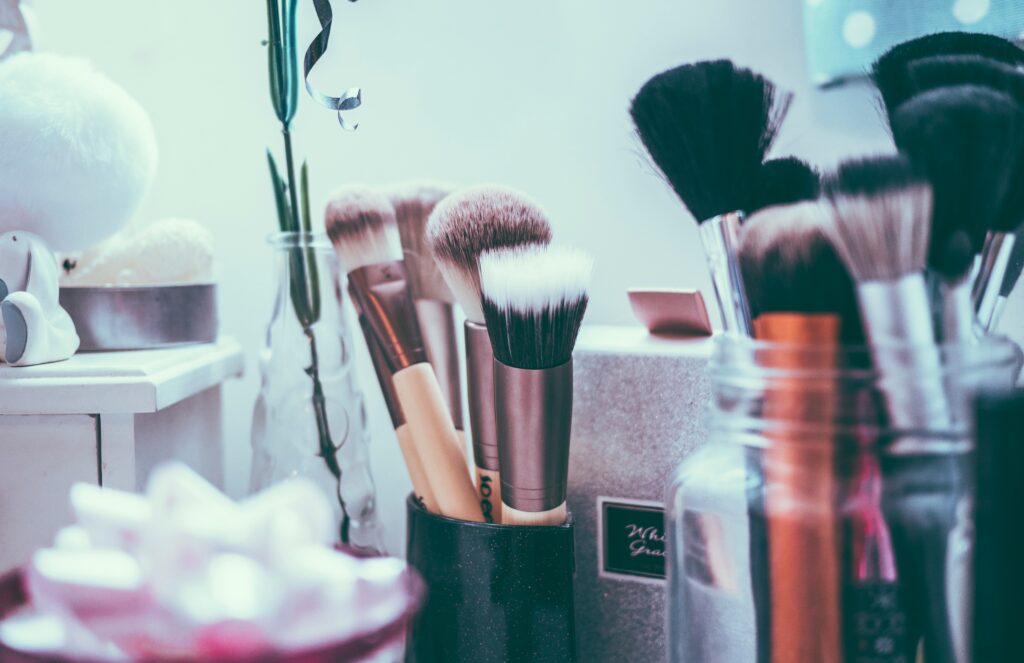The ‘girl math’ trend has been making the rounds on TikTok lately where a video by @mckennaelianna went viral after she outlines how her spending decisions are justified. These examples include: ‘anything under $5 is free’ and ‘if I buy something but then return it, I’ve made money.’ We’ve all justified purchases before, using basic behavioural economics like these examples and while the ‘girl math’ trend might be intended to be lighthearted and fun, it is also problematic.
Here are three key issues I have with it.
It’s the idea that women are unable to handle their finances
The ‘girl math’ trend feeds into the gendered stereotype that women aren’t good with finances, or numbers for that matter. It implies women can’t make informative financial decisions. But the idea behind ‘girl math’ is the mental accounting we do to justify our spending sometimes – it’s part of human psychology regardless of gender.
We don’t need to justify our purchasing decisions
“I bought it in the sale”, “I had £10 on a gift card”, and “it was only £5.” These are all common ways I’ve heard people justify their spending, myself included. But the truth is, if you have that money to hand and you can afford it, you don’t need to justify your spending to anyone. It’s your hard earned money. There’s the underlying idea that we need to explain our purchases to others and validate our reason why. This is linked to patriarchal standards and the ways in which women tend to feel guilty for spending money on themselves. It doesn’t teach us how to have a positive relationship with money. Is it not enough that we wanted it and could afford it?

It treats women’s purchases as frivolous
‘Girl math’ refers to lipstick purchases in Sephora, coffee at Starbucks, and tickets to Taylor Swift’s The Eras Tour. It suggests that women are spendthrifts who are only capable of making frivolous purchases. It doesn’t refer to items where men are typically the majority buyers.
‘Girl math’ highlights some of the mental gymnastics and behavioural economics we go to lengths to in order to justify our spending. But labelling it with the ‘girl’ prefix suggests that this is something that only women do. Is it a lighthearted trend or does it have a deeper meaning? I’d love to know your thoughts.



